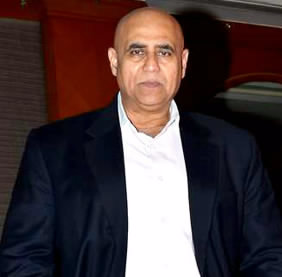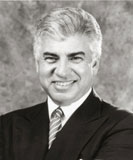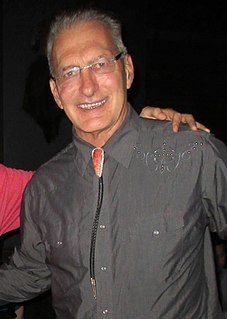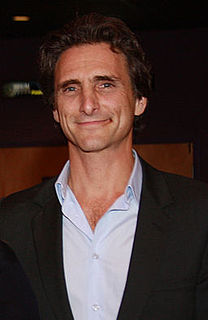A Quote by Paul Greengrass
Ultimately, if you look at all my films from 'Bloody Sunday' on, they're steeped in a post-9/11 atmosphere. 'United 93' is directly about 9/11, of course, but every one of the movies deals with paranoia, mistrust, and fear.
Related Quotes
It happened: the first 9/11, it happened on September 11, 1973, in Chile. We did it. Was that interfering or hacking a party? This record is all over the world, constantly overthrowing governments, invading, forcing people to follow what we call democracy, as in the cases I mentioned. As I say, if every charge is accurate, it's a joke, and I'm sure half the world is collapsing in laughter about this, because people outside the United States know it. You don't have to tell people in Chile about the first 9/11.
Am I worried about additional attacks in this country? Of course I'm worried about it. We expect the American people to go on living their lives as normally as possible. But it is a post-9/11 world, and the United States government is doing everything we can do to ensure that another terrorist attack does not occur here in this country.
I think that horror films have a very direct relationship to the time in which they're made. The films that really strike a film with the public are very often reflecting something that everyone, consciously or unconsciously feeling - atomic age, post 9-11, post Iraq war; it's hard to predict what people are going to be afraid of.
When you look at the actual numbers, the number of people who died after 9/11 was greater than the number of people who died in 9/11, even if you are talking Americans. But you know, I don't like to talk Americans. I want to talk everybody. More innocent people died after 9/11 because of 9/11 than died in 9/11.




































